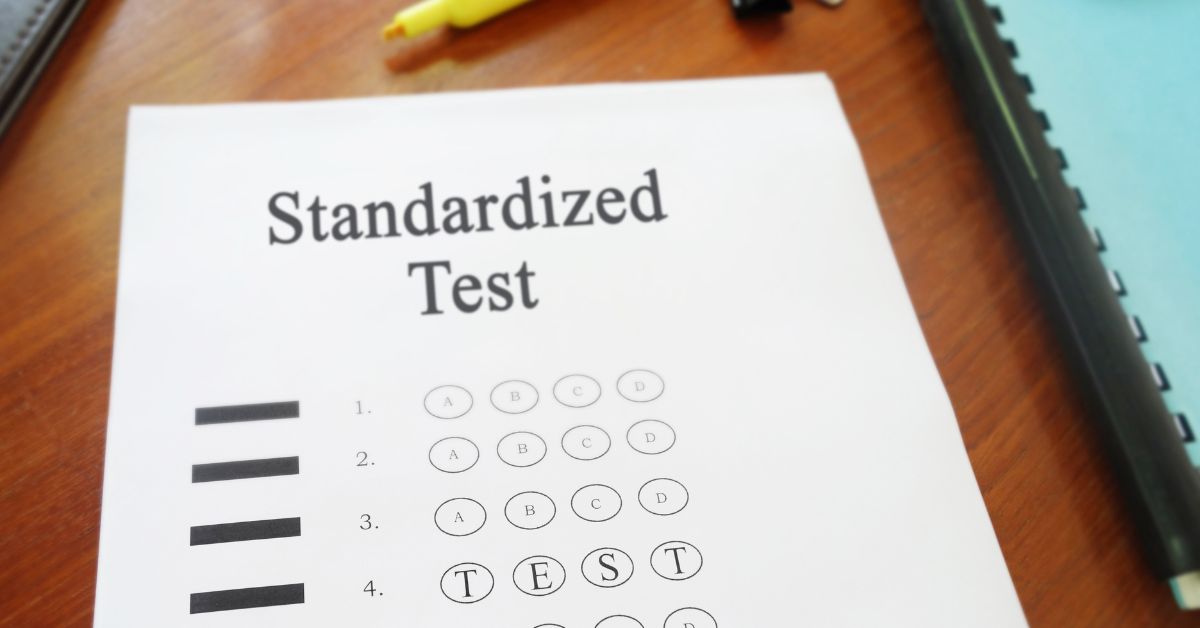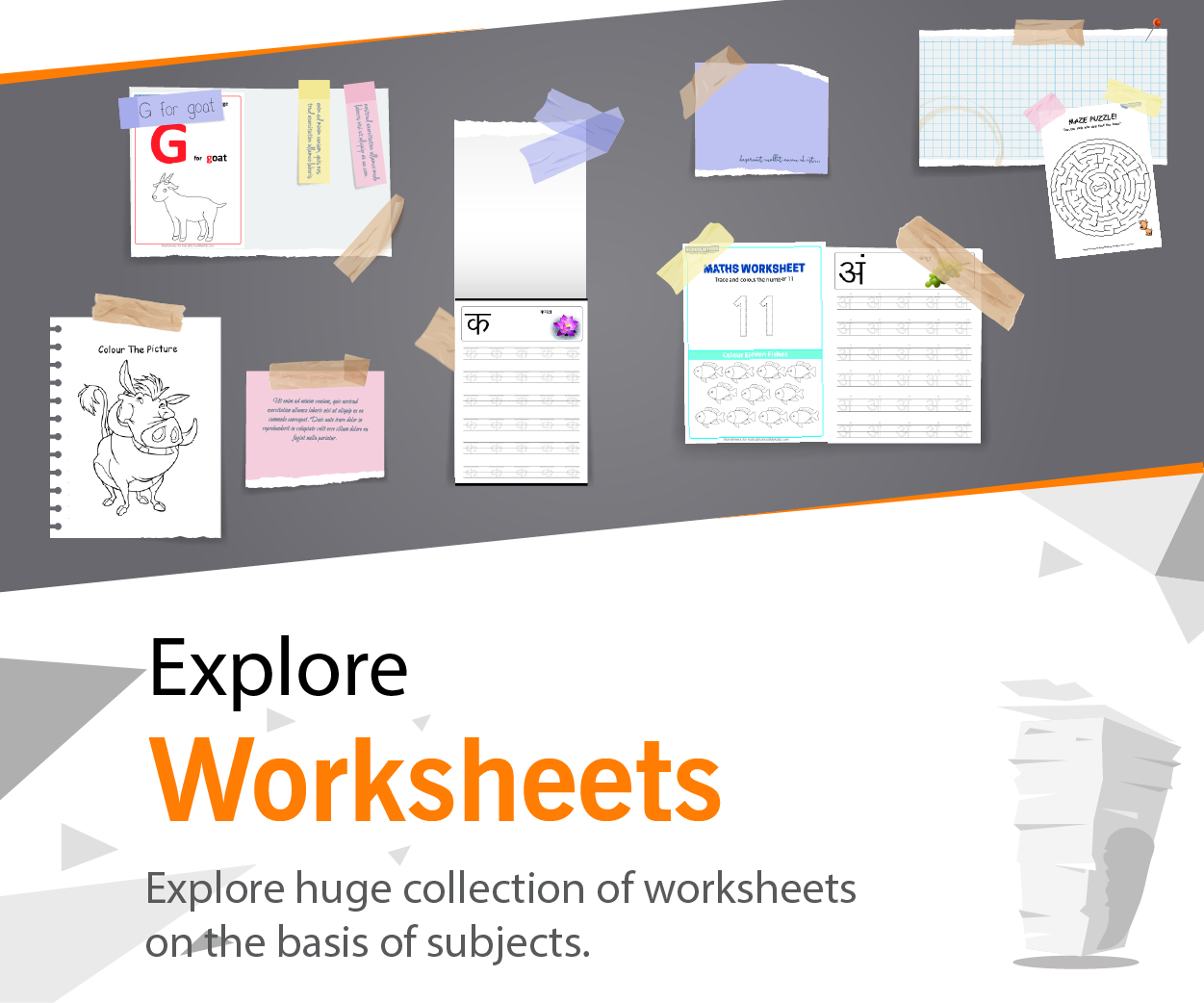Standardized tests are a crucial part of the educational system, used to assess a student’s academic performance and compare it against a consistent standard. For many parents and children, these tests can be a source of anxiety and stress. However, with the right preparation and support, you can help your child approach standardized tests with confidence and achieve their best results. This article will explore effective strategies for preparing your child for standardized tests, focusing on creating a study plan, fostering a positive attitude, and ensuring their well-being.
Understanding Standardized Tests
Before diving into preparation strategies, it’s essential to understand what standardized tests are and why they matter:
- Definition: Standardized tests are exams administered and scored in a consistent manner across all test-takers. They are designed to measure students’ knowledge, skills, and abilities in specific subject areas.
- Purpose: These tests help educators assess the effectiveness of instruction, identify students’ strengths and weaknesses, and make informed decisions about curriculum and resource allocation. They also play a role in admissions to certain programs or schools.
- Common Tests: Examples include state-mandated achievement tests, college entrance exams like the SAT and ACT, and assessments for gifted and talented programs.
Creating a Study Plan
A well-structured study plan is key to effective test preparation. Here’s how to create one:
Assess Current Knowledge
- Identify Strengths and Weaknesses: Begin by understanding your child’s current academic standing. Review past test results, quizzes, and homework to identify areas that need improvement.
- Diagnostic Tests: Use practice tests or diagnostic assessments to gauge your child’s proficiency in various subjects. This will help pinpoint specific topics that require more focus.
Set Realistic Goals
- Short-term and Long-term Goals: Establish clear, achievable goals for each study session and overall test performance. Short-term goals could include mastering a particular topic, while long-term goals might be improving overall scores by a certain percentage.
- Personalized Goals: Tailor the goals to your child’s unique needs and abilities, ensuring they are challenging yet attainable.
Develop a Study Schedule
- Daily and Weekly Plans: Create a study schedule that allocates specific times for different subjects. Ensure the schedule includes breaks to prevent burnout.
- Consistent Routine: Encourage a consistent daily routine that incorporates study time, relaxation, and physical activity.
Effective Study Techniques
Implementing the right study techniques can enhance learning and retention. Here are some effective methods:
Active Learning
- Interactive Lessons: Use interactive lessons and activities to make learning engaging. This could include educational games, online quizzes, and hands-on experiments.
- Discussion and Teaching: Encourage your child to discuss what they’ve learned with you or teach the material to someone else. Teaching is a powerful way to reinforce understanding.
Practice Tests
- Simulate Test Conditions: Regularly take practice tests under timed, test-like conditions. This helps familiarize your child with the test format and time constraints.
- Review Mistakes: After each practice test, review the mistakes together. Discuss why the errors occurred and how to avoid them in the future.
Study Resources
- Textbooks and Workbooks: Use textbooks and workbooks that align with the test content. Ensure they cover all the necessary topics and provide ample practice questions.
- Online Resources: Utilize online resources such as educational websites, apps, and videos that offer interactive learning experiences.
Fostering a Positive Attitude
A positive attitude towards testing can significantly impact your child’s performance. Here’s how to cultivate it:
Build Confidence
- Positive Reinforcement: Praise your child’s efforts and achievements, no matter how small. Positive reinforcement boosts confidence and motivation.
- Incremental Progress: Focus on incremental progress rather than perfection. Celebrate improvements and milestones along the way.
Reduce Test Anxiety
- Relaxation Techniques: Teach relaxation techniques such as deep breathing, meditation, and visualization to help manage stress.
- Preparation and Familiarity: Familiarity with the test format and content reduces anxiety. The more prepared your child feels, the less anxious they will be.
Encourage a Growth Mindset
- Emphasize Effort Over Results: Encourage a growth mindset by emphasizing the importance of effort and learning from mistakes rather than focusing solely on results.
- Resilience and Perseverance: Teach your child that setbacks are part of the learning process and that perseverance leads to improvement.
Ensuring Well-Being
Your child’s physical and emotional well-being is crucial during test preparation. Ensure they are healthy and balanced by focusing on:
Healthy Lifestyle
- Balanced Diet: Provide a balanced diet rich in fruits, vegetables, lean proteins, and whole grains. Proper nutrition supports cognitive function and overall health.
- Adequate Sleep: Ensure your child gets enough sleep each night. Sleep is essential for memory consolidation and cognitive performance.
- Physical Activity: Encourage regular physical activity to reduce stress and improve concentration.
Emotional Support
- Open Communication: Maintain open lines of communication with your child. Encourage them to share their feelings and concerns about the tests.
- Support Network: Create a supportive environment at home and involve teachers and school counselors if needed.
Final Preparations
In the days leading up to the test, focus on the following:
- Review Key Concepts: Spend time reviewing key concepts and areas of difficulty, but avoid cramming.
- Relaxation and Rest: Ensure your child gets plenty of rest and engages in relaxing activities to stay calm and focused.
- Test Day Essentials: Prepare all necessary items for test day, such as pencils, erasers, a calculator, and a water bottle.
Conclusion
Preparing your child for standardized tests involves a combination of effective study techniques, fostering a positive attitude, and ensuring their well-being. By creating a structured study plan, employing active learning methods, and providing emotional and physical support, you can help your child approach standardized tests with confidence and achieve their best possible results. Remember, your involvement and encouragement play a crucial role in your child’s academic success







